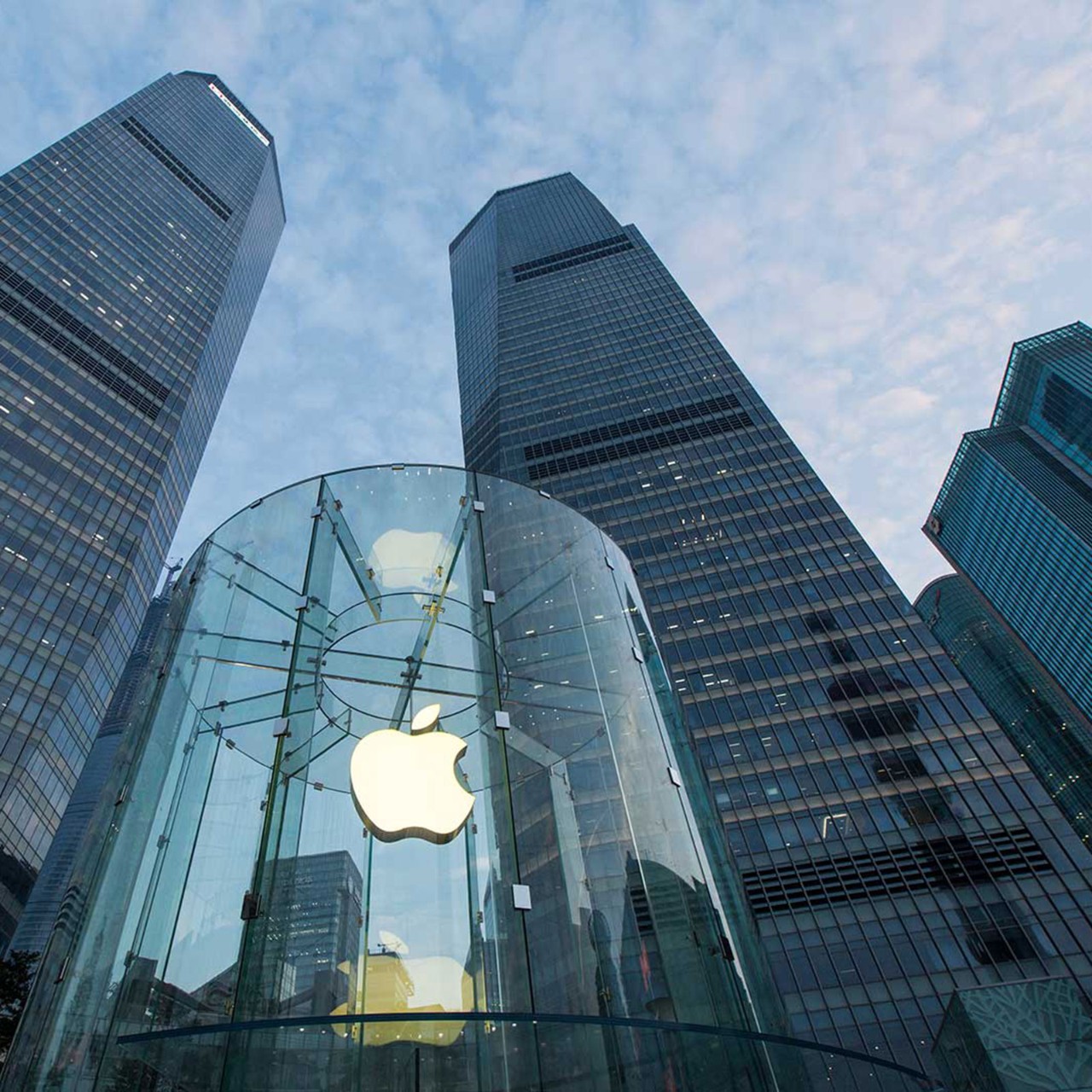
The increase in consumer demand for virtual conferences, streamed performances and remote training since the start of the pandemic in 2020 has created all sorts of challenges for many organisations, including applying the correct VAT treatment for the provision of these services.
For a start, in October 2023 HMRC successfully challenged the assumption that selling the same event to people connected remotely (as opposed to a live audience) does not affect the rate of VAT.
The live-stream service was different from that consumed by in-person attendees
In Derby Quad vs HMRC, the First Tier Tribunal (FTT) ruled that the VAT exemption for admissions to a theatre performance only applies to tickets sold to individuals attending in person. That’s because – in the FTT’s opinion – a remote audience would not be exposed to the same level of interaction with the performers, who in turn would not be able to get any live feedback from the spectators, which is typical of a theatre experience.
For these reasons the tribunal argued that the nature of the service provided during live streams was different from that consumed by in-person attendees, and the supply to a remote audience could not be classed as one of theatrical performance, at least from a VAT perspective. Consequently, Derby Quad should have charged 20% VAT to its virtual customers.
Wider impact
The divergence in VAT treatment between in-person versus remote events may not be limited to those organised by cultural bodies. Take gyms, for instance: the UK VAT rules on sports activities dictate that when fitness classes are provided on a non-profit basis, gym members are not charged VAT. But what if the fees paid by members can be attributed (partly or fully) to the attendance of remote classes?
Only the funeral, burial and cremation industry has been given absolute clarity by HMRC
A broad interpretation of the FTT’s ruling in the Derby Quad case may imply that VAT becomes chargeable if it can be argued that live-streamed gym classes have substantially different features compared to those enjoyed in a gym studio.
So far only one sector of the UK economy – the funeral, burial and cremation industry – has been given absolute clarity by HMRC on the correct treatment to apply to live streaming events. With its Revenue and Customs Brief 1 (2024), HMRC has in fact stated that all undertakers, cemetery or crematorium operators supplying live web streams of their funeral services should treat these supplies as being exempt from VAT.
If these operators have incorrectly charged VAT in the past, they are advised to review their position and refer to HMRC’s Notice 700/45 on how to amend VAT errors and make adjustment or claims.
EU interaction
Meanwhile, from next year, providing remote live services may have significant VAT implications for UK businesses with consumer customers based in the European Union. This is because from 1 January 2025, the EU rules on the place of supply for online services, such as distant learning courses supplied live and for a fee, will change drastically.
Currently, both in the UK and the EU, the place-of-supply rules for business to consumers (B2C) services prescribe that these live events (eg webinars or conferences) are taxable wherever the supplier belongs. As such, a UK provider is required to charge UK VAT both to domestic and overseas consumers unless an exemption from VAT for certain educational training applies.
There is a concrete risk of double or multiple taxation
However, from January 2025, the place of supply of services to EU customers not in business will move from where the supplier belongs to the member state where the consumer resides. Therefore, UK provider may be required to charge both UK VAT (per the UK rules) and the VAT of the member states concerned. In other words, there is a concrete risk of double or multiple taxation.
The converse is also possible: an EU-based training provider selling remote live courses to UK customers could end up not charging any VAT at all. By not being established in the UK, no UK VAT will be chargeable, while at the same time its supplies will be treated as outside the scope of EU VAT.
However, the UK government – whichever that maybe – may decide to replicate and implement the new EU place-of-supply rules from January next year and neutralise any double taxation risks for British-based businesses.



